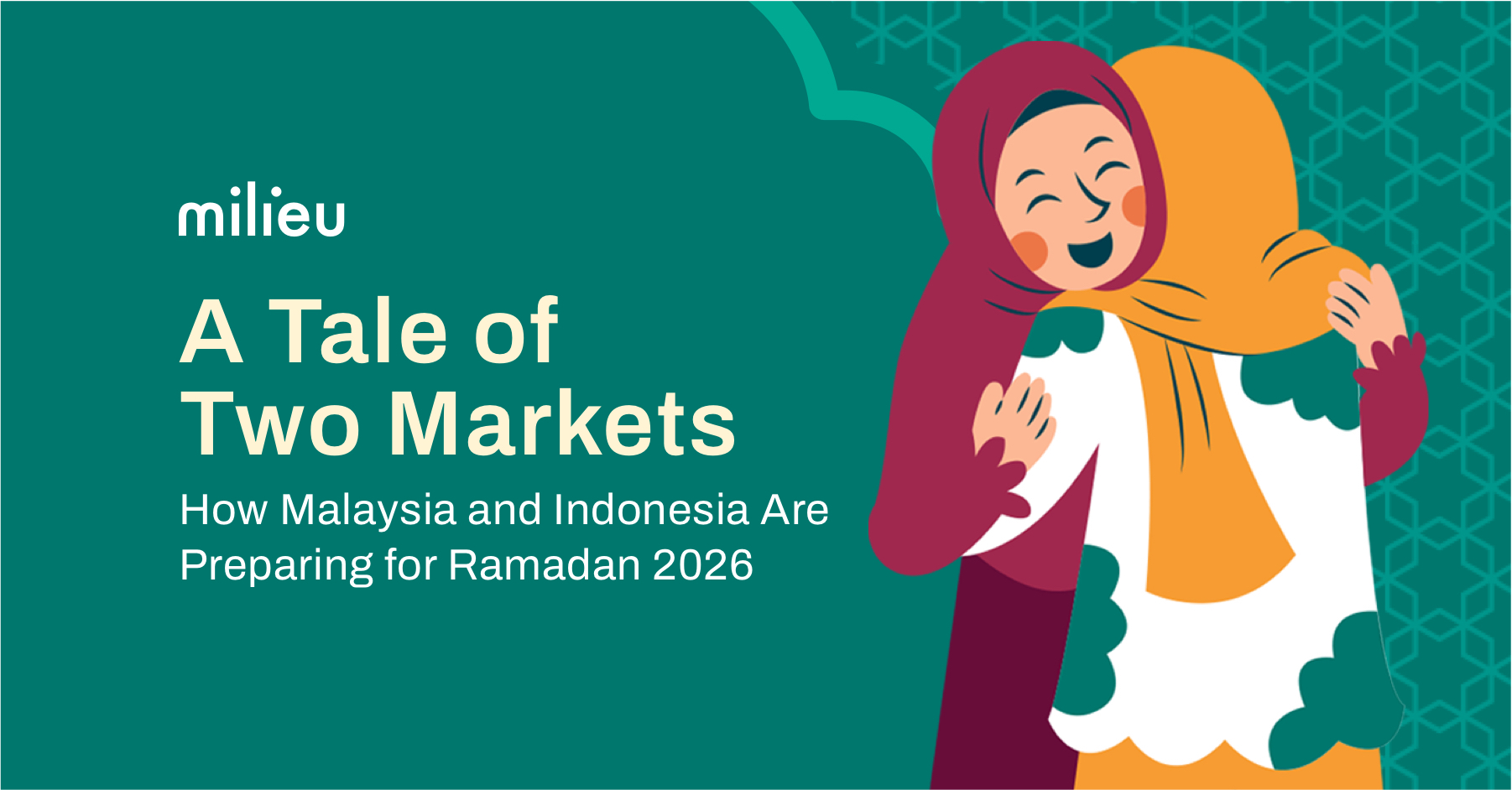Are Southeast Asians open to compressed 4-day work weeks?

Flexible work arrangements have dominated conversations of new norms in the post-pandemic world, which brought the topic of 4-day work weeks back in the spotlight. Few companies have implemented it, so we wanted to find out what hiring decision makers think about compressed 4-day work weeks, where employees are required to clock the same work hours, except within shorter weeks.
The survey found that working five days a week is typical in most Southeast Asian countries except Indonesia and Vietnam, where six days work weeks are more common.
Receptiveness towards compressed four-day work weeks is rather positive, with at least seven in 10 in Southeast Asia indicating at least an eight from a 0 to 10 scale when asked how much they would like this arrangement to be implemented at their workplaces - this includes Vietnam (78%), and Indonesia which is slightly below the average at 69%. However, there’s a stark exception in Malaysia where only 48% voted so.

"An initial review requires the structure of this offering. Will all employees work the same four days, or will there be staggered days off, or overlapping or core hours on-site during the workdays? What jobs are suitable for this type of arrangement, and which may not be? This requires that a thorough and transparent job analysis for all company roles be conducted." - Dr. Melanie Peacock PhD, MBA, FCPHR, SHRM-SCP
Read the full feature on Human Resources Director Asia
Also featured on:
- People Matters
- BusinessWorld Publishing Corp





